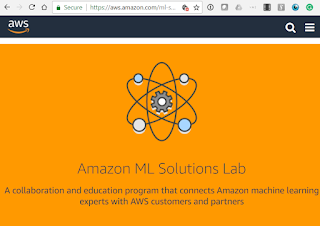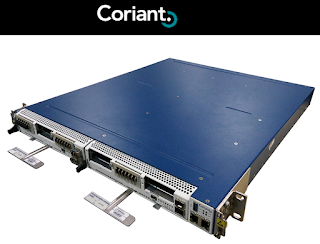Meg Whitman will step down as Chief Executive Officer of HPE, effective February 1, 2018. Antonio Neri, current President of HPE, will become President and Chief Executive Officer, and will join the HPE Board of Directors. Whitman will remain on the Board of Directors.
Whitman joined HP in 2011. During her tenure, Whitman led the company's separation from HP Inc., which was the largest corporate separation in history. She also led the subsequent spin off and mergers of HPE’s Enterprise Services and Software businesses, as well as strategic acquisitions including Aruba, SGI, SimpliVity and Nimble Storage.

“I’m incredibly proud of all we’ve accomplished since I joined HP in 2011. Today, Hewlett Packard moves forward as four industry-leading companies that are each well positioned to win in their respective markets,” said Meg Whitman, CEO of HPE. “Now is the right time for Antonio and a new generation of leaders to take the reins of HPE. I have tremendous confidence that they will continue to build a great company that will thrive well into the future.”
Neri, 50, joined HP in 1995 as a customer service engineer in the EMEA call center. He went on to hold various roles in HP’s Printing business and then to run customer service for HP’s Personal Systems unit. In 2011, Neri began running the company’s Technology Services business, then its Server and Networking business units, before running all of Enterprise Group beginning in 2015.
Separately, HPE reported Q4 net revenue from continuing operations of $7.7 billion, up 5% from the prior year and up 5% when adjusted for divestitures and currency. Fourth quarter GAAP diluted net EPS from continuing operations was $0.23, up from GAAP diluted net EPS from continuing operations of $0.19 in the prior year.
Fiscal 2017 fourth quarter segment results
- Enterprise Group revenue was $6.9 billion, flat year over year, up 1% when adjusted for currency, with a 10.6% operating margin. Servers revenue was down 5%, down 5% when adjusted for currency, Storage revenue was up 5%, up 5% when adjusted for currency, Networking revenue was up 21%, up 21% when adjusted for currency, and Technology Services revenue was up 2%, up 3% when adjusted for currency.
- Financial Services revenue was $1.0 billion, up 24% year over year, net portfolio assets were up 1%, and financing volume was flat year over year. The business delivered an operating margin of 7.7%.
“With strong top line revenue growth, earnings above our previous outlook and our second consecutive quarter of sequential margin improvement, our fourth quarter results are a reflection of the progress we have made over the past two years to transform HPE into a nimble, focused and innovative organization,” said Meg Whitman, CEO of HPE.
 Toshiba America Electronic Components introduced a 10 TB hard drive designed for 24/7 streaming operation scenarios, and is typically used for surveillance digital video recorders (SDVR), surveillance network video recorders (SNVR) and Hybrid SDVR. The 3.5-inch drive is optimized to support up to 64 camera streams. Higher capacity and transfer rates enable support for higher resolution camera streams to meet changing compliance mandates for surveillance data.
Toshiba America Electronic Components introduced a 10 TB hard drive designed for 24/7 streaming operation scenarios, and is typically used for surveillance digital video recorders (SDVR), surveillance network video recorders (SNVR) and Hybrid SDVR. The 3.5-inch drive is optimized to support up to 64 camera streams. Higher capacity and transfer rates enable support for higher resolution camera streams to meet changing compliance mandates for surveillance data.

































